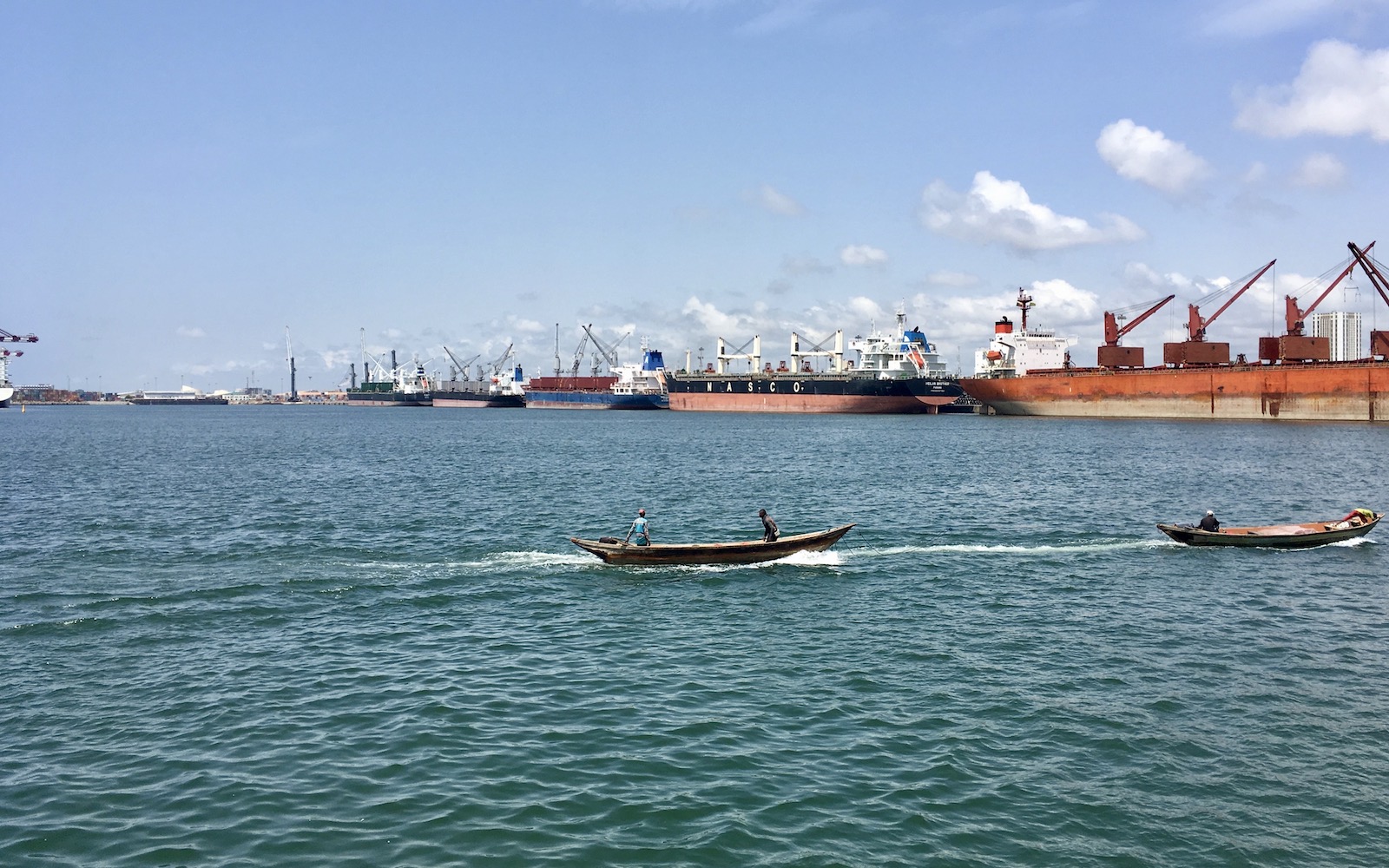Maritime security issues in West Africa – webinar presentation

In a recent webinar, I provided a brief summary of maritime security issues in West Africa. While the focus of the presentation was on threats for merchant vessels, many other problems are closely related. That is not only a problem for shipping companies, but also for navies and law enforcement agencies with a maritime remit across the region.
Issues such illegal, unreported and unregulated (IUU) fishing or smuggling on maritime routes could easily justify other webinars and more comprehensive formats. However, this short presentation provides a concise look at recent developments and the links between different maritime security issues in West Africa.
The first part includes some background on the current situation. Since November 2019, several high-profile kidnap-for-ransom attacks against merchant ships have led to many headlines in the media. Two attacks in particular were noteworthy as 19 and 20 seafarers respectively were taken as hostages from merchant ships.
Looking at the longer term, however, it is obvious that neither the frequency nor the types of attacks against merchant ships have changed in 2019 or in the first quarter of 2020, compared to previous years. At the same time, statistics about these incidents are complicated. Different organisations provide their own sets of figures, based on their own classifications and methodologies. It is therefore important to analyse specific incidents and to find out more about how the data is collected.
In the main part, the presentation highlights how maritime threats in West Africa are constantly evolving. Current trends, such as an increasing number of piracy attacks outside of Nigeria’s maritime domain, are also highlighted.
Finally, the summary highlights that kidnappings of seafarers are the main threat for operators of merchant ships. There are other incidents involving merchant vessels that are generally reported as piracy attacks, but these are often petty thefts or even just attempted thefts at anchorages or in ports. Such incidents rarely involve violence against crew members and are therefore completely different from violent attempts to take hostages from merchant ships or fishing vessels.
At the same time, it is extremely important to look at a broad range of maritime security issues in West Africa. Many attacks are reported as piracy, even though they are very likely related to other things such as illegal fishing or fuel smuggling which are both prevalent across the region.
Regional efforts which are currently underway are likely to address some of these problems in the medium term. Arguably the best example is the Deep Blue project in Nigeria. Other projects on the domestic and the regional level can also be identified. Unfortunately, these are generally handicapped by a lack of financial and human resources. Deep Blue and other projects are nevertheless important because they are not solely aimed at counter-piracy activities. Instead, they are supposed to cover a very broad range of maritime security issues.
Overall, the current situation is unlikely to improve significantly in the coming months. Criminal activities or hot spots for piracy attacks will continue to evolve and it will be interesting to see the combined impact of very low oil prices and the Covid-19 pandemic on West Africa in general and on the maritime environment in particular. Improvements to the current situation will be gradual. That is not completely unexpected, however, because the combination of threats to maritime security has developed over many years and cannot be eradicated in a few months.
The complete presentation about maritime security issues in West Africa – with a focus on the Gulf of Guinea region – can be found here.

